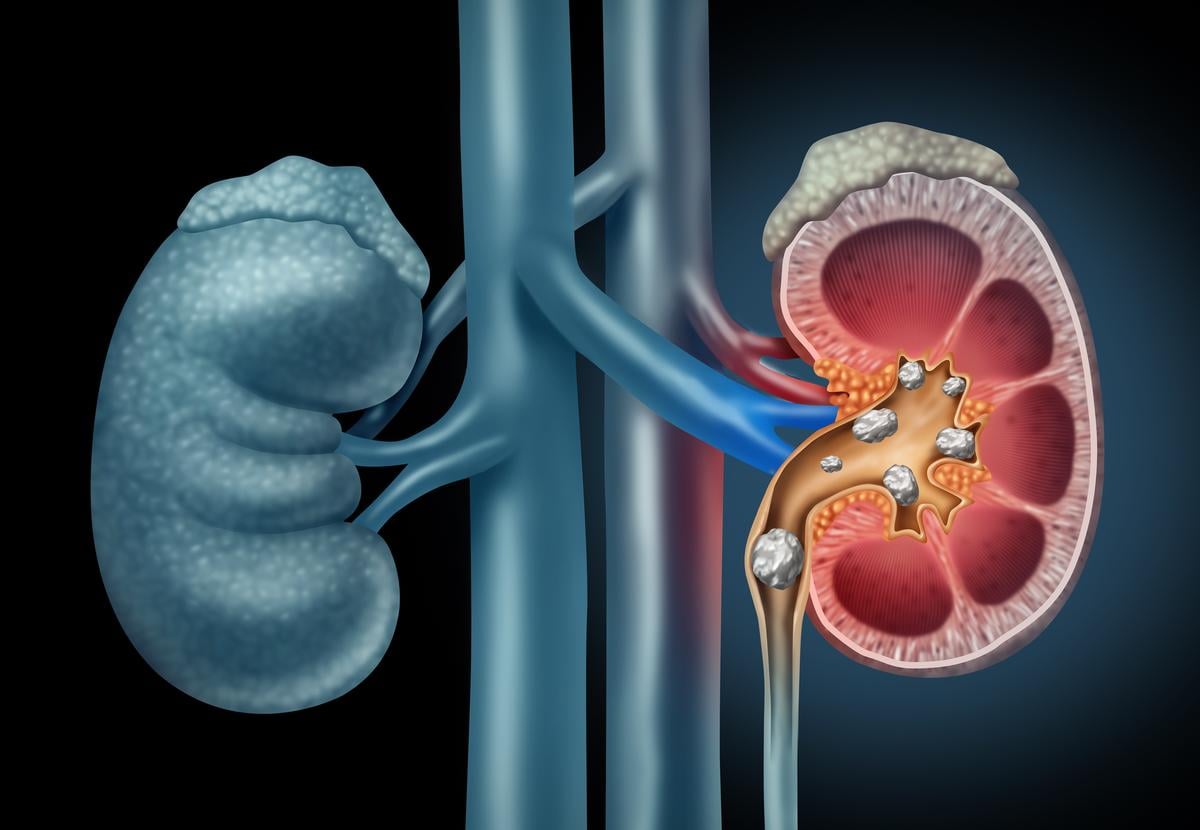Mean time to relapse also longer for those undergoing ultrasonic propulsion
By Elana Gotkine HealthDay Reporter
TUESDAY, Oct. 1, 2024 (HealthDay News) — For patients with residual kidney stone fragments, the risk for relapse is lower with ultrasonic propulsion-facilitated clearance of fragments, and adverse events are mild, according to a study published online Aug. 14 in The Journal of Urology.
Mathew D. Sorensen, M.D., from the University of Washington School of Medicine in Seattle, and colleagues conducted a multicenter, prospective, randomized controlled trial involving adults with residual kidney stone fragments designed to examine whether ultrasonic propulsion to facilitate kidney stone fragment clearance reduces relapse. The primary outcome was relapse by five years or study end.
Participants were followed for a median of 3.0 years. The researchers found that the 40 patients in the treatment group had significantly longer time to relapse than the 42 in the control group. The restricted mean time to relapse was 52 percent longer in the treatment versus control group (1,530 ± 92 versus 1,009 ± 118 days), and the risk for relapse was lower, with eight versus 21 patients, respectively, experiencing relapse (hazard ratio, 0.30). Overall, 63 and 5 percent of patients in the treatment and control groups, respectively, passed fragments within three weeks of treatment. Adverse events were mild, transient, and self-resolving and occurred in 63 percent of patients in the treatment group and 40 percent of patients in the control group.
“Our study showed that removing residual fragments by ultrasonic propulsion reduced relapse as measured by future stone growth or stone-related urgent medical visit or surgery,” the authors write.
Several authors disclosed ties to SonoMotion, and one author disclosed ties to Philips Healthcare.
Copyright © 2024 HealthDay. All rights reserved.








